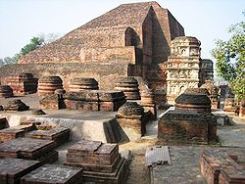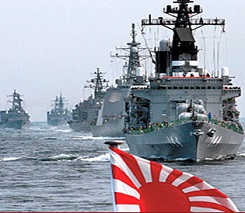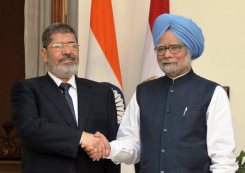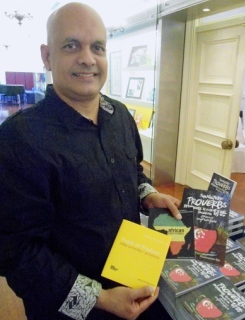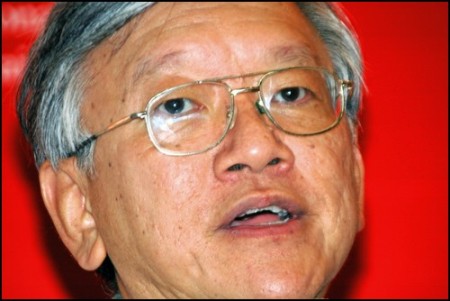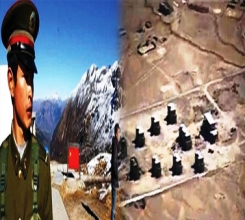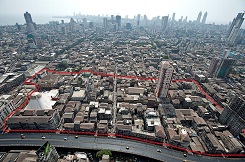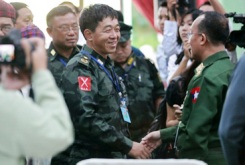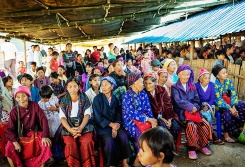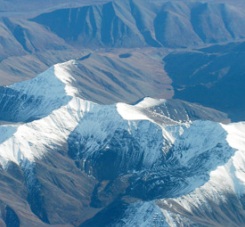By Shenali D Waduge* | IDN-InDepth NewsViewpoint
COLOMBO (IDN) – In 1193 A.D. Nalanda, the world’s oldest Buddhist university was ransacked and destroyed by foreign invaders led by the Turkish Bakhityar Khiliji because the 14 acre “giver of knowledge” was a strong pillar of Buddhism and attracted students from all over the world, including countries such as Turkey and Persia. The invaders burnt to ruins the magnificent library and other architectural masterpieces of the Nalanda University.
In 2006, it was announced that Nalanda University was to be revived with the efforts and contributions of numerous countries. However, the issue is that old Nalanda was essentially a Buddhist place of learning promoting Buddhist beliefs and philosophy – the new architects are ironing out a creation of ancient Nalanda with a modern twist to include subjects that are taught in general universities thereby denying the Buddhist niche that Nalanda epitomized.

